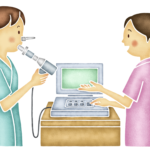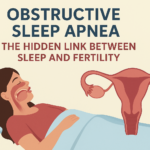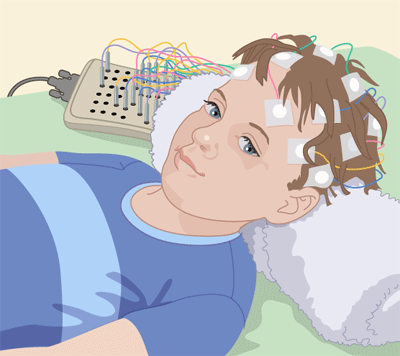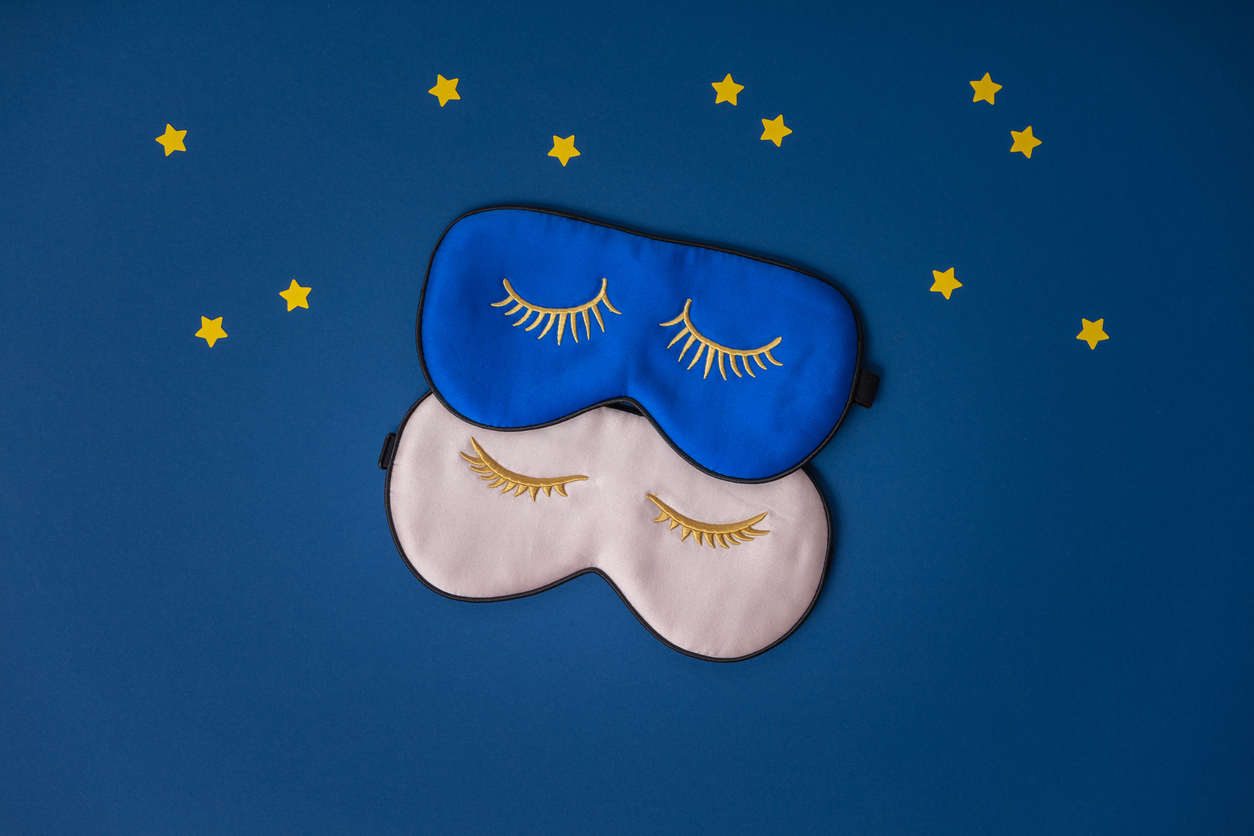By Dr. Manvir Bhatia &Hiba
“If you look at the anatomy, structure, function of the human body, there’s nothing in the universe that’s more complex, yet more beautiful than the human brain”.
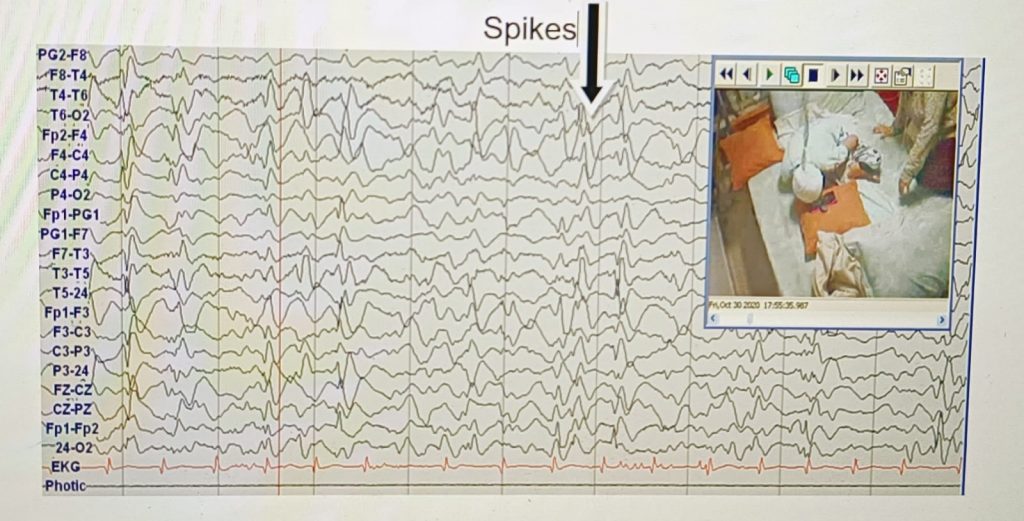
What is VEEG?
Video EEG is a non-invasive diagnostic tool that records the electrical activity of your brain as well as your physical behavior.
What is the aim of VEEG?
VEEG aims to observe what is happening during a seizure or an event along with brain activity recorded via EEG simultaneously.
How long does it take?
Duration can vary from 1 to 7 hours or > 24 hours, depending on the indication for the test; doctors can suggest VEEG when the nature of the event is not clear, or want to determine the origin of the seizure.
Why is it done?
Video EEG is helpful to find out what is happening in your brain & also record your physical activity at the same time.
VEEG is also helpful if you have any of the following neurological conditions such as-
Seizure disorder- to determine the type, and the onset of the seizure esp prior to planning epilepsy surgery
Fainting or blackouts episodes
Determine the type of event –Epileptic or non-epileptic
To differentiate the seizures types
How is VEEG Performed?
Preparation:
Before performing the Video-EEG test, a technician will give you a few instructions as follows –
- You must wash your hair and dry them properly before coming for the test.
- Don’t apply any hair oil after hair wash.
- You can take your routine medications.
- Fasting is not required, you can take your breakfast or lunch.
- You can carry your comfortable clothes, sheet & pillow, etc.
The procedure of the test:
- Technician measures on your head and mark where to place electrodes.
- Areas marked are cleaned with the Nuprep gel.
- Electrodes are attached to the scalp with 10 – 20 paste.
- Technicians can apply cotton to hold it in place, the head & electrodes are covered by gauze dressing.
- The room is kept clean, dark, and quiet, at your comfortable temperature and in dim light.
- There can also be a small music system to help you relax.
- A technician should check the audio, the video is on & camera is on focus.
- Complete instructions are given to you so that you can relax and then the recording will be started.
- If technicians see any event during recording, they should write the timing of the event and give a few commands to the patient like-
Tell your name
Raise your right hand
Remember few words
Pen
Water
Apple
FAQ’s ABOUT THE TEST:
Q. Is the test painful?
A. No, it is painless; non-invasive procedure you will not feel any current or side effects.
Q. Can I make some coffee or Tea?
A. yes, you can take it.
Q. Can I continue my work after the test is over?
A. Yes, you can continue your routine.
Q. Do I need to stay in bed the whole time?
A.Yes, you can sit or lie down on a bed during the test, it is safe for you.
Conclusion: To conclude we can say that VEEG is a highly technical test, so it requires complete knowledge to perform the test, also required patient cooperation performing the test, and the quality of the test and recording is a must.
To seek help or know more about Video EEG & epilepsy, you can visit the Neurology and Sleep Centre, the 1st sleep centre in the country accredited by the Indian Board of Sleep Medicine at L-23, Hauz Khas Enclave, New Delhi, Delhi-110016 (INDIA)
Or give a call on +91-11-46070321, +91-9643500270





